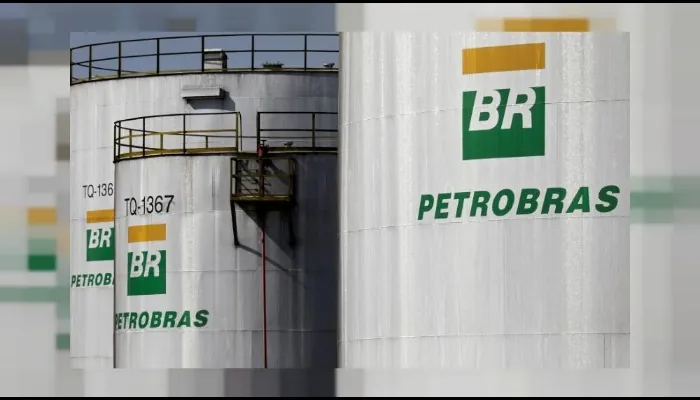Brazil’s state owned integrated oil and gas company, Petrobras is taking steps towards expanding its offshore exploration footprints in Nigeria, where it sees great opportunities in the country’s deepwater untapped resources.
Nigeria, Africa’s largest oil producer, remains a key area of interest to the company due to its untapped deepwater blocks and favorable investment reforms in the petroleum sector.
Petrobras PBR, is also turning its strategic compass toward other African countries, citing the continent’s geological synergy with Brazil’s prolific offshore basins. Under the leadership of CEO Magda Chambriard, Petrobras is charting a bold course to expand its international footprint, with key focus areas including Ivory Coast, Angola, and Namibia.
This pivot signals a transformative chapter for the company as it seeks to leverage deepwater expertise beyond Latin America. Petrobras has submitted an announcement of interest for nine offshore oil blocks in Ivory Coast, granting it exclusive rights to negotiate their acquisition.
This aggressive move highlights Petrobras’ intent to anchor its Africa expansion in West Africa’s Atlantic margin, a region geologically aligned with Brazil’s own Campos and Santos Basins.
According to Chambriard, “the geographic location of Ivory Coast, on the African Atlantic coast, is of great interest to Petrobras. We have a lot of experience in this region, on this side of the Atlantic, and I believe that we can also achieve important results on the other side of the ocean.” These statements emphasize the technical confidence and geological rationale behind Petrobras’ strategic shift.
Petrobras has signed a preliminary cooperation agreement with Sonangol, the national oil company of Angola, in addition to its aspirations in Ivory Coast. The partnership aims to explore synergies in offshore exploration, subsea engineering and sustainable energy technologies. This collaboration is expected to facilitate knowledge transfer, shared exploration risk and mutual benefits from Angola’s vast offshore reserves.
Proven reserves and well-established infrastructure from Angola, one of Africa’s leading oil producers, could shorten Petrobras’ production schedule and lower operating risks. The partnership with Sonangol is a calculated step in cementing Petrobras’ presence in Southern Africa’s oil plays.
Meanwhile, Namibia, though relatively new to the oil scene, has become a hotspot for global exploration following major offshore discoveries by companies like Shell, TotalEnergies and Galp.
By entering Namibia early, Petrobras stands to benefit from first-mover advantages in one of the world’s most promising frontier basins. The region’s untapped potential aligns perfectly with Petrobras’ ambition to diversify its reserve base and assert offshore engineering capabilities globally.
The crux of Petrobras’ Africa strategy lies in the geological mirror between South America and West Africa’s continental margins. These regions were once connected in the supercontinent Gondwana, resulting in similar sedimentary structures and hydrocarbon traps.
This similarity offers Petrobras a technological and interpretive edge, as its success in Brazil’s offshore pre-salt layers can be replicated in Africa’s basins.
Chambriard reinforced this in her comments: “The correlation between Brazil and Africa is unequivocal, so we need to go to Africa.” This is not merely a geographic expansion but a strategic replication of proven success.
Petrobras’ first-quarter 2025 crude oil production was comparatively stable at 2.77 million barrels per day, indicating a slight 0.2 per cent decline year over year, despite this optimistic outlook. Crude-specific production declined 1 per cent, due to natural depletion at maturing fields. Nevertheless, the company saw a 5.4 per cent sequential increase, signaling effective short-term management and resilience.
The company’s proven oil and gas reserves rose 500 million barrels in 2024, reaching 11.4 billion barrels, up from 10.9 billion barrels in the previous year. This surge highlights Petrobras’ growing urgency to acquire new overseas reserves to ensure sustained long-term growth, as its domestic fields near the end of their productive life.











